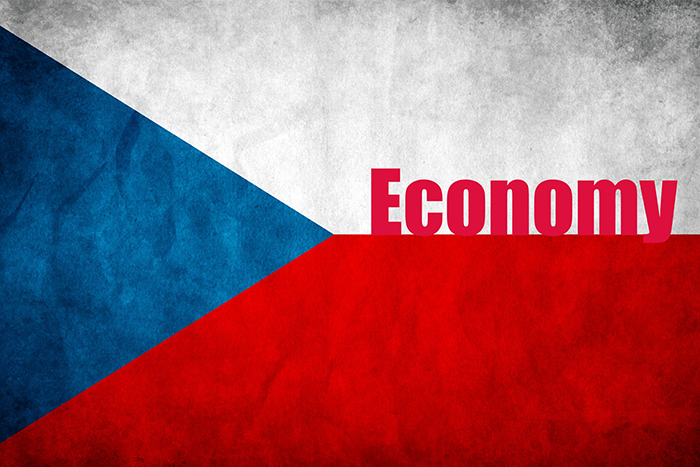2024-12-27
indicators

The Czech economy is projected to grow by 2% in 2025, driven primarily by household consumption, while inflation is expected to remain at levels similar to this year. Real household incomes are anticipated to rise as nominal wage growth outpaces consumer price increases. Unemployment is expected to inch up but will remain among the lowest in the European Union, according to a survey by the Ministry of Finance and analyses from 13 domestic expert institutions. Cyrrus Chief Economist Vít Hradil predicts GDP growth will accelerate to 1.9% in 2025, up from approximately 1% this year. “The Czech economy will be driven by domestic factors, particularly household consumption, which is set to rebound after several weaker years,” Hradil said. He also noted that cheaper credit and improved sales prospects should boost corporate investment. However, the economy may face challenges from weak foreign demand, particularly in the industrial sector. Pavel Peterka, Chief Economist at XTB, expects GDP growth of 2%, attributing it to increased household consumption fueled by a gradual release of savings accumulated during recent years of economic uncertainty. The Ministry of Finance is even more optimistic, forecasting GDP growth of 2.5%, while the Czech National Bank (CNB) predicts 2.4%. Experts project inflation to hover around this year’s average of 2.5%. Peterka highlighted that food price dynamics, while elevated, should decelerate in the latter half of the year. Meanwhile, growth in service prices is expected to normalize after running at around 5% throughout 2024. Fuel prices are anticipated to exert a deflationary effect. The CNB has identified service price inflation as a key risk for overall inflation in 2025. However, experts believe the situation will stabilize, keeping inflation under control. Nominal wages are expected to grow by 5.5% to 6%, leading to real-term wage increases. However, household purchasing power is likely to recover only gradually. Martin Gürtler, an analyst at Komerční banka, estimates that real wages will not return to pre-pandemic levels until mid-2026, with household consumption following a similar trajectory. Unemployment is forecast to rise slightly to 4% in 2025, primarily due to challenges in the industrial sector, which has been affected by weak demand from Germany. “I don’t expect massive layoffs, as the rest of the economy is well-positioned to absorb potential redundancies,” said Hradil. Martin Jánský, CEO of Randstad CR, anticipates unemployment to peak in the first quarter of 2025. “Companies are likely to exercise caution in hiring and will focus on maximizing the efficiency of their existing teams,” Jánský noted. Despite external pressures, the Czech economy is poised for moderate growth in 2025, supported by strong domestic consumption and stable inflation. While challenges in the industrial sector and cautious labor market dynamics may pose hurdles, the overall economic trajectory remains positive, with gradual recovery in household purchasing power and sustained low unemployment. Source: CTK

